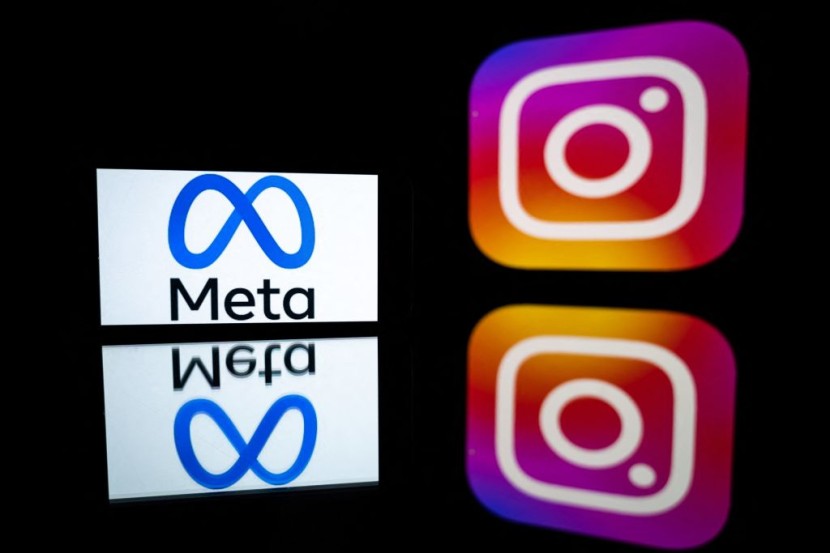A federal lawsuit has been filed by over 30 states against Meta, the parent company of Facebook and Instagram.
The lawsuit claims that the apps provided by these platforms are intentionally designed to be addictive and have a negative impact on the mental health of children, as per Politico.
Meta Faces Lawsuits for Child Privacy Violations

These lawsuits, filed in federal and state courts, allege that the social media giant violated national children's online privacy and state consumer protection laws. The crux of the issue revolves around Meta's alleged design of addictive products and deceptive practices concerning their impact on children's mental health.
The federal lawsuit, led by California Attorney General Rob Bonta, accuses Meta of deceptive practices that include making "false and misleading" claims that their features were not manipulative, that their products weren't designed to encourage unhealthy engagement among children, and that their platforms are safe for young users.
The lawsuits aim to bypass Section 230 of the Communications Decency Act, which typically shields online platforms from liability for user-generated content, instead targeting Meta's alleged deception regarding child safety on its apps.
The litigation alleges that Meta violated the Children's Online Privacy Protection Act (COPPA), a federal law requiring platforms to obtain parental consent before collecting data from users under 13.
The states claim that Meta was aware of the use of its services by children under 13 but failed to obtain parental consent to collect their data. Additionally, the lawsuit contends that Meta did not effectively enforce its policy of banning users under 13.
Notably, the federal lawsuit highlights that Instagram only requested users' ages in December 2019, and when it did, it automatically generated a birthdate indicating the user was 13 years old, according to CNBC.
Meta Aims To Enhance Children's Safety
The lawsuit further alleges that it was easy for children to misrepresent their age during registration. The legal action is also fueled by concerns over the potential harm Meta's platforms can cause young users' mental health.
Allegations include promoting body dysmorphia, unhealthy eating habits, and social comparison through features like "likes" and photo filters. Internal documents leaked by Facebook whistleblower Frances Haugen indicate that Meta was aware of these issues but publicly downplayed them.
While Meta has claimed it has made over 30 design changes to enhance children's safety, the legal battle aims to fundamentally transform how the company designs and markets its platforms to the public.
These lawsuits come when Congress has not taken legislative action to update COPPA or create new safeguards for children online.President Joe Biden and several state attorneys general have called for protecting children's safety and privacy online, emphasizing the urgent need for comprehensive regulations.
The multi-state lawsuit against Meta demonstrates a bipartisan commitment to holding tech giants accountable for potential harm to children and teens.The legal challenge could lead to sweeping changes in how social media platforms operate, prioritizing the well-being of young users.
However, given the complexities of such cases, legislative solutions are also essential to address the ongoing challenges posed by the digital landscape, NBC Washington reported.








